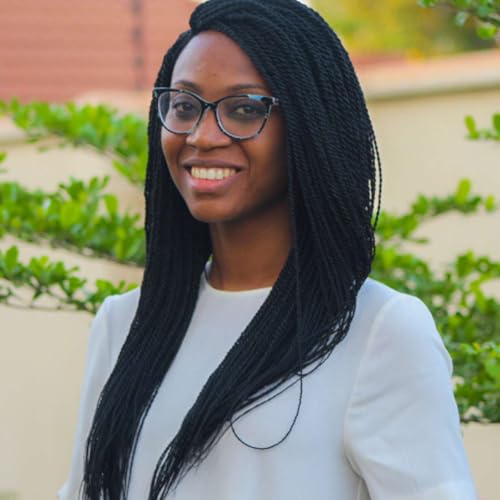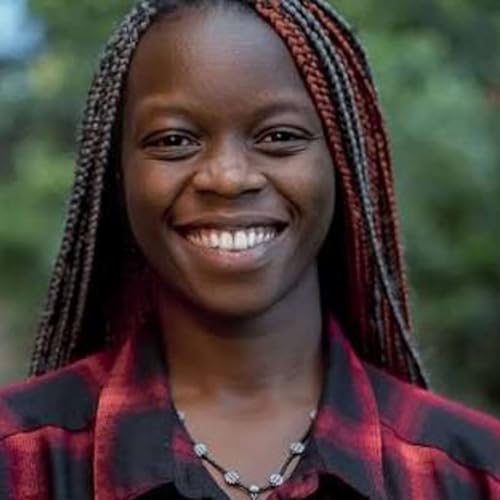-
Future Perfect | Futur Antérieur
- By: African Futures Lab (AfaLab)
- Podcast
Failed to add items
Sorry, we are unable to add the item because your shopping cart is already at capacity.
Add to Cart failed.
Please try again later
Add to Wish List failed.
Please try again later
Remove from wishlist failed.
Please try again later
Adding to library failed
Please try again
Follow podcast failed
Please try again
Unfollow podcast failed
Please try again
-
Summary
activate_Holiday_promo_in_buybox_DT_T2
Episodes
-
 43 mins
43 minsFailed to add items
Sorry, we are unable to add the item because your shopping cart is already at capacity.Add to Cart failed.
Please try again laterAdd to Wish List failed.
Please try again laterRemove from wishlist failed.
Please try again laterAdding to library failed
Please try againFollow podcast failed
Please try againUnfollow podcast failed
Please try again -
 46 mins
46 minsFailed to add items
Sorry, we are unable to add the item because your shopping cart is already at capacity.Add to Cart failed.
Please try again laterAdd to Wish List failed.
Please try again laterRemove from wishlist failed.
Please try again laterAdding to library failed
Please try againFollow podcast failed
Please try againUnfollow podcast failed
Please try again -
 43 mins
43 minsFailed to add items
Sorry, we are unable to add the item because your shopping cart is already at capacity.Add to Cart failed.
Please try again laterAdd to Wish List failed.
Please try again laterRemove from wishlist failed.
Please try again laterAdding to library failed
Please try againFollow podcast failed
Please try againUnfollow podcast failed
Please try again



